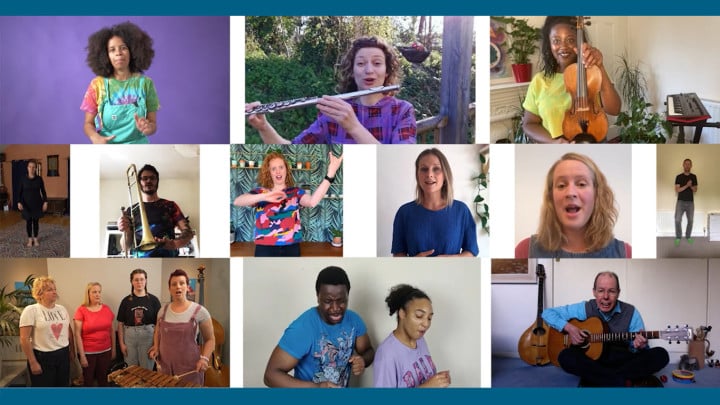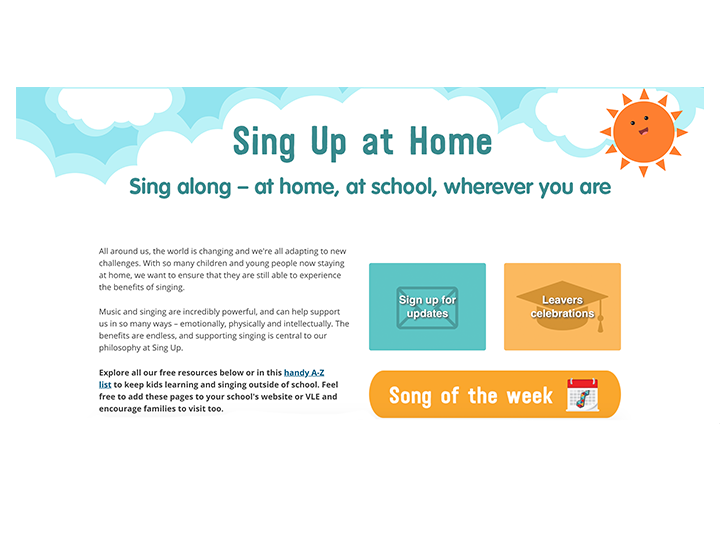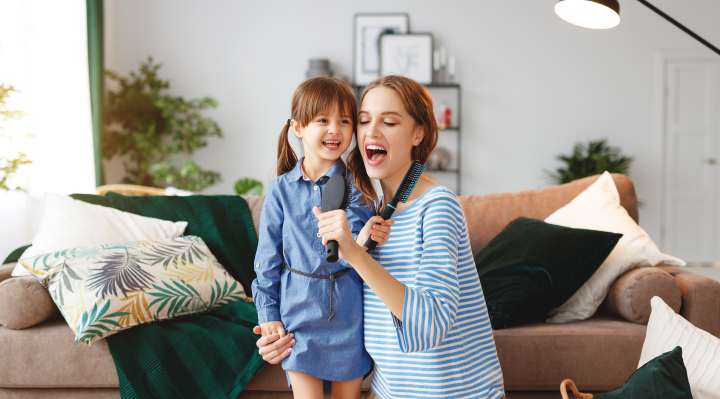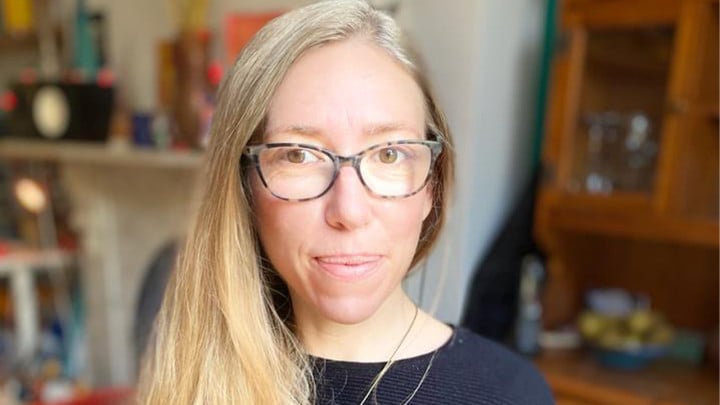
We’ve now fully updated Sing Up Music to become a powerful tool to help non-specialist and specialist music teachers deliver expertly planned and sequenced engaging music lessons from nursery to year 6. Full of real music that is satisfying to play and sing, our music curriculum has been developed by a group of teachers and musicians with specific skills and knowledge carefully matched to each set of resources. The result is a uniquely enjoyable and effective set of teaching resources which approach all aspects of the primary music curriculum creatively with real musical and pedagogical integrity.
We caught up with Shelly Ambury, Sing Up’s Head of Learning to ask about the thinking behind Sing Up Music.
What was front-of-mind for you when you set out to develop the new resources? What were your top priorities?
- First and foremost, we want every child to have great classroom music lessons in school. Full of real music and creativity that supports the development of skills, knowledge and understanding in composing, performing, and listening.
- Enjoyment! We want children to develop a lifelong love of music. For this to happen they need to have a positive experience of playing, composing, singing when they’re young. We want them to get the opportunity to discover music that takes them by surprise and that they may never have discovered before, to make connections, to understand the relationship between people, music and the social /historical context. We want them to discover how they feel when they listen to music.
- We also want the enjoyment to include teachers! We have created resources that we think teachers will enjoy teaching, and will find interesting and fun.
- Saving teachers’ time. This means including great planning for long, medium, and short term, strongly linked to progression…
- …because… progression is key for children to continue to enjoy music. The schemes of work have video evidence collection built in – they aren’t an additional thing everyone has to remember to do so capturing video evidence of progression is a natural part of the lessons.
What feedback did you get from teachers to the first iteration of the resources and what did you adapt and add to the scheme as a result?
- Teachers really loved the themes, choice of units, activity etc however at first the resources only had long and medium range planning. Great if you were a specialist but it required some adaptations by music coordinators to make them more accessible to all teachers. With this in mind we realised that we needed detailed short term planning. Lesson by lesson outcomes, more bite sized activity description, and with breakdown timings. So we broke each unit down, including the PowerPoints.
- The PowerPoints themselves (which can be converted into Google slides) use pupil facing language and the teaching instructions are in the notes section. They contain all the lesson content such as links to teaching videos, real performances, documentaries, art works - all sorts! And each unit comes with an editable lesson planner where teachers can add their own notes.
- Teachers also told us they needed resources to teach specific instruments and so far we’ve added four units for ukulele – each one lasts up to a term.
Tell us about the team of creatives you’ve worked with to develop the resources and what specific areas of expertise and skills they’ve brought to the project.
- We all know how much passion music educators have in their ‘special interest’ areas so felt that the best way to get teachers and young people to be excited about what they are teaching or learning about is to have resources created by the people with those specific areas of expertise. With that in mind we’ve worked with a whole host of brilliant practitioners.
- Rosie Adediran and the London Rhymes team work with families and their children to create songs (they also create shows for children). They have written dozens of fantastic songs and six units for nursery.
- Rachel Leach is a composer and animateur – well known for her work on the BBC Ten Pieces. She is an incredible educator with an amazing ability to break down composition so it is super accessible. Her units develop enjoyment in composing, as well as building skills, knowledge and understanding.
- Rosie Walton and Becca Spencer are specialist Dalcroze and Kodály educators who teach music, working with early years through to secondary age. They helped us develop our Developing musicianship toolkit and have generously shared their fun approaches to developing musical skills and understanding through movement and games. As well as the toolkit they have also written active listening units.
- Sarah Wise, Libby Lane, and Tim Wilson have decades of classroom experience between them. They are subject leads for NMPAT (Sarah) and the David Ross Education Trust (Libby and Tim). They helped us create the outcomes for Sing Up Music, ensuring good progression through the curriculum. They designed the progression activities. Additionally they have helped write units of work, the support and challenge activities as well as the continuous provision guidance for the Reception units. They are our go-to team to make sure the supporting curriculum documentation is the best it can be. They will be working with us to provide knowledge organisers.
What has been added to the scheme most recently?
- Most recently we have added brand new compose units by Rachel Leach. Three each for Years 2, 4 and 6, titles include Charlie Chaplin, The horse in motion, Race.
- We’ve added a new Year 6 listening unit called Exploring identity through song which looks at how songwriters use the creative process to explore difficult and personal experiences and feelings, especially those that contribute to their sense of identity.
And what is still to be added in 2023?
- Well…. We’ve got a set of 8 songs and accompanying activities written by the London Rhymes team all with a focus on developing skills in beat, rhythm, and pitch with KS1 – with awesome titles like… Minibeast rave, My voice is really funky, Iguanodon.
- PLUS a very cool set of five pieces for classroom percussion. Each piece has a full terms worth of teaching built around each piece and each piece has a full set of teaching videos to use in class, so teachers can learn alongside children. With gorgeous melodies, unbelievably catchy grooves, and inspiring titles such as Mangrove twilight, Rosewood gratitude, and Ripples we know children and their teachers will love playing them.
- We’ll be adding word Knowledge Organisers for KS2 and Skills Organisers for KS1.
For access to free trial units of Sing Up Music, register as a Friend.
Sing Up Music will continue to be added to and developed and as always, we’d welcome teachers’ feedback and suggestions.



